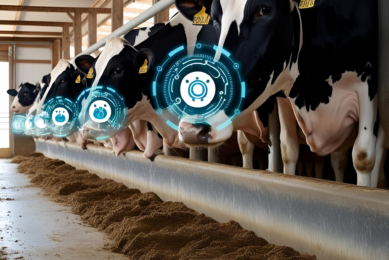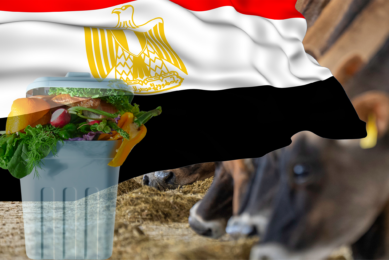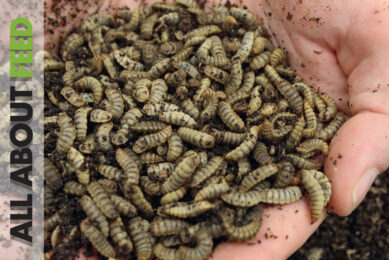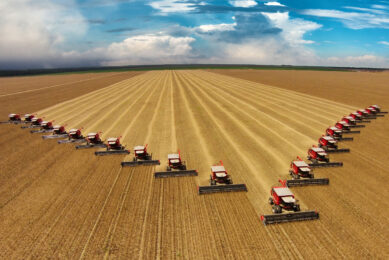2008: The Year Of Sustainability
In my first blog for the New Year I will start with a topic which I think will be totally 2008! It has been buzzing around for years, but I feel that the coming year will be marked by real measures, transparency and agreements regarding…Sustainability.
In my first blog for the New Year I will start with a topic which I think will be totally 2008! It has been buzzing around for years, but I feel that the coming year will be marked by real measures, transparency and agreements regarding…Sustainability.
I think everyone knows that sustainability is very important to safeguard food, tropical rainforest etc for future generations. However, the term sustainability can be used in different ways.
Vague definition
According to Wikipedia the term in its environmental usage, refers to the potential longevity of vital human ecological support systems, such as the planet’s climatic system, systems of agriculture, industry, forestry, and fisheries, and human communities in general and the various systems on which they depend in balance with the impacts of our unsustainable or sustainable design. Ok, can you follow this?, because I cannot; its too vague. I therefore want to highlight some practical examples from the agriculture/feed sector on how they interpret this topic.
Example 1: Feed Expo joins
The 2008 International Poultry Expo and the International Feed Expo in Atlanta
Example 2: Big companies sign green agreement
Regarding transparency, I read recently that some major food players signed a ‘green’ agreement. Danisco, Bunge, Nestlé, Green Mountain Coffee Roasters and Tyson Foods have joined a working group that aims to "enable companies and stakeholders to better measure and communicate sustainability progress."
The group says consumers are demanding to be provided with meaningful information about how foods and beverages are produced, and producers need to respond to those demands. The group is set to meet in
Example 3: Dutch go for sustainability
Dutch Agriculture Minister Gerda Verburg also heard the buzz word ‘sustainability’ zooming in her head. She recently said that livestock farming in the
The bulk of materials for animal feeds should come from
Example 4: Happy shrimps
The last example of sustainable interpretation of the business we work in, is the Happy Shrimp Farm in the
Because shrimp farming is not always in favour of the environment, it is better to produce the (tropical) shrimps locally. And it is even better to cooperate with neighbouring companies to share facilities and products. In the
I hope the coming year(s) will be full of recycling, waste heat reduction, bio energy, local initiatives, efficiency improvement, emission reduction and much more….!











